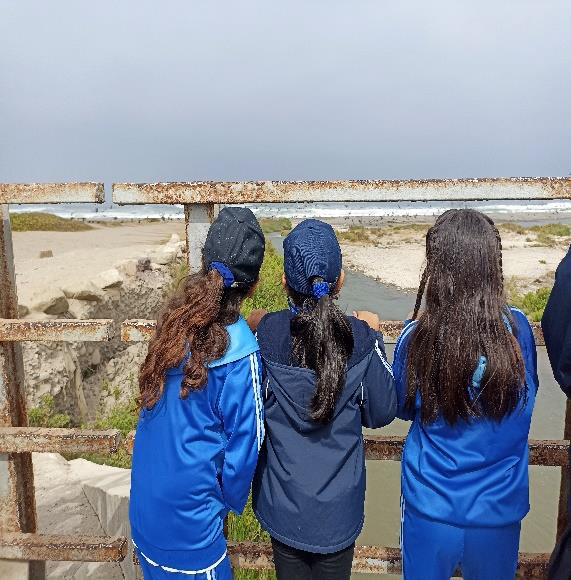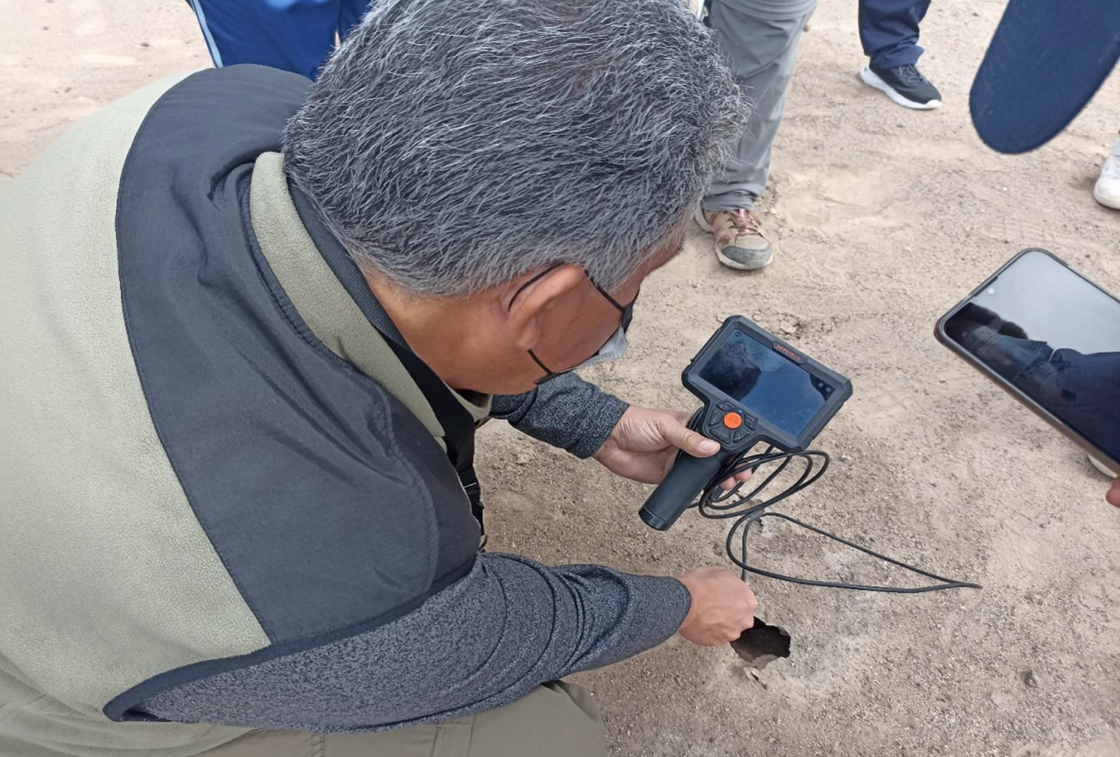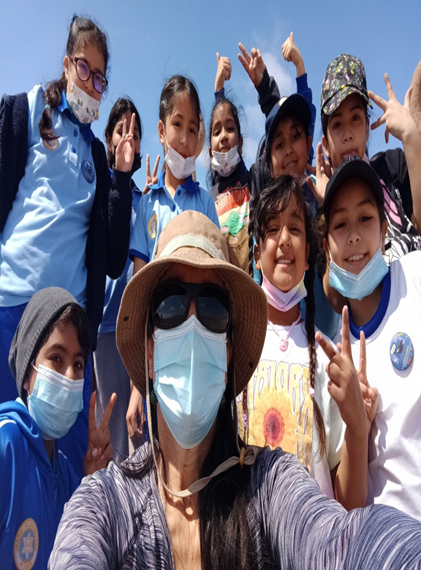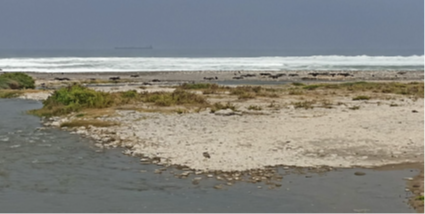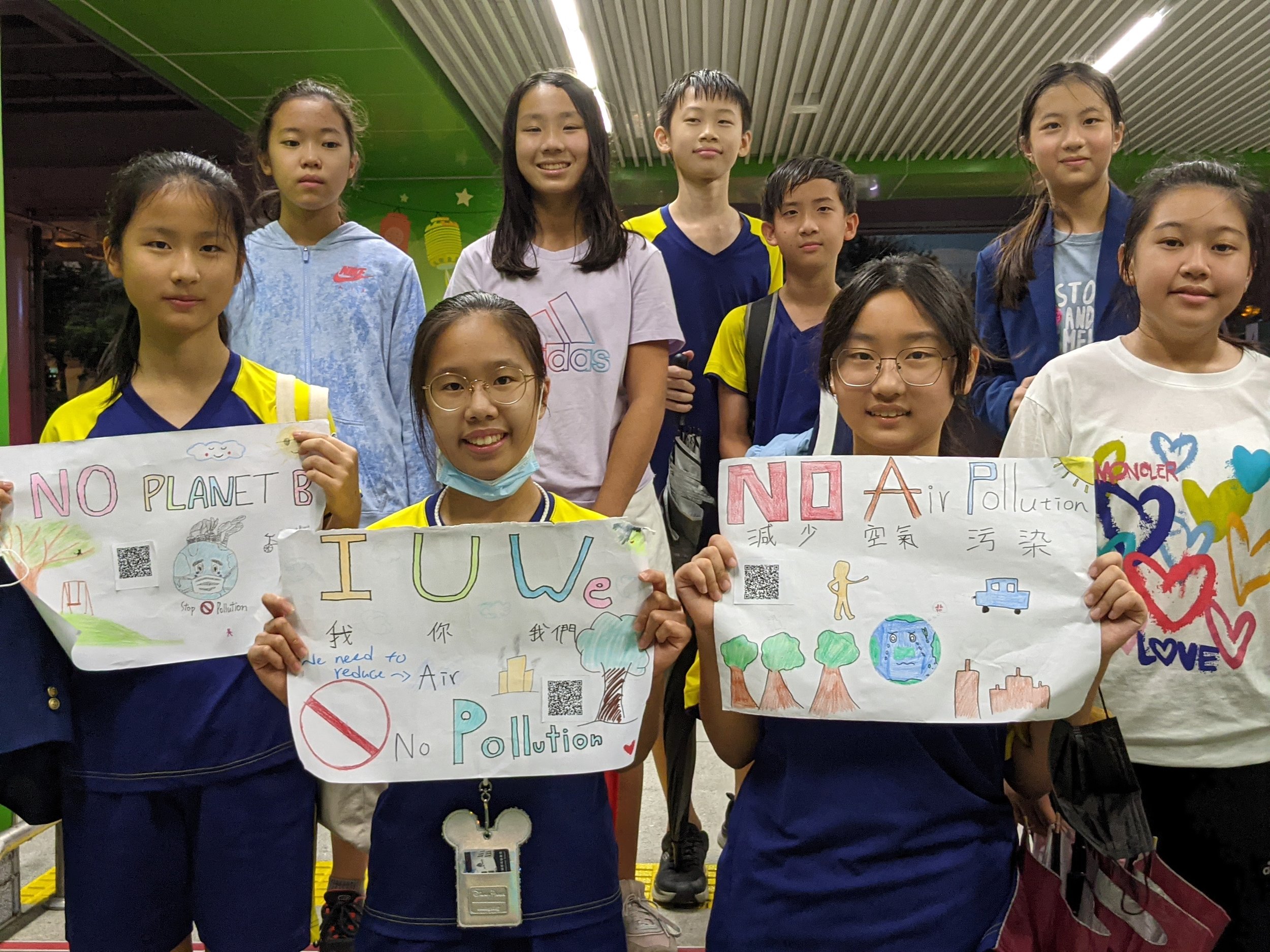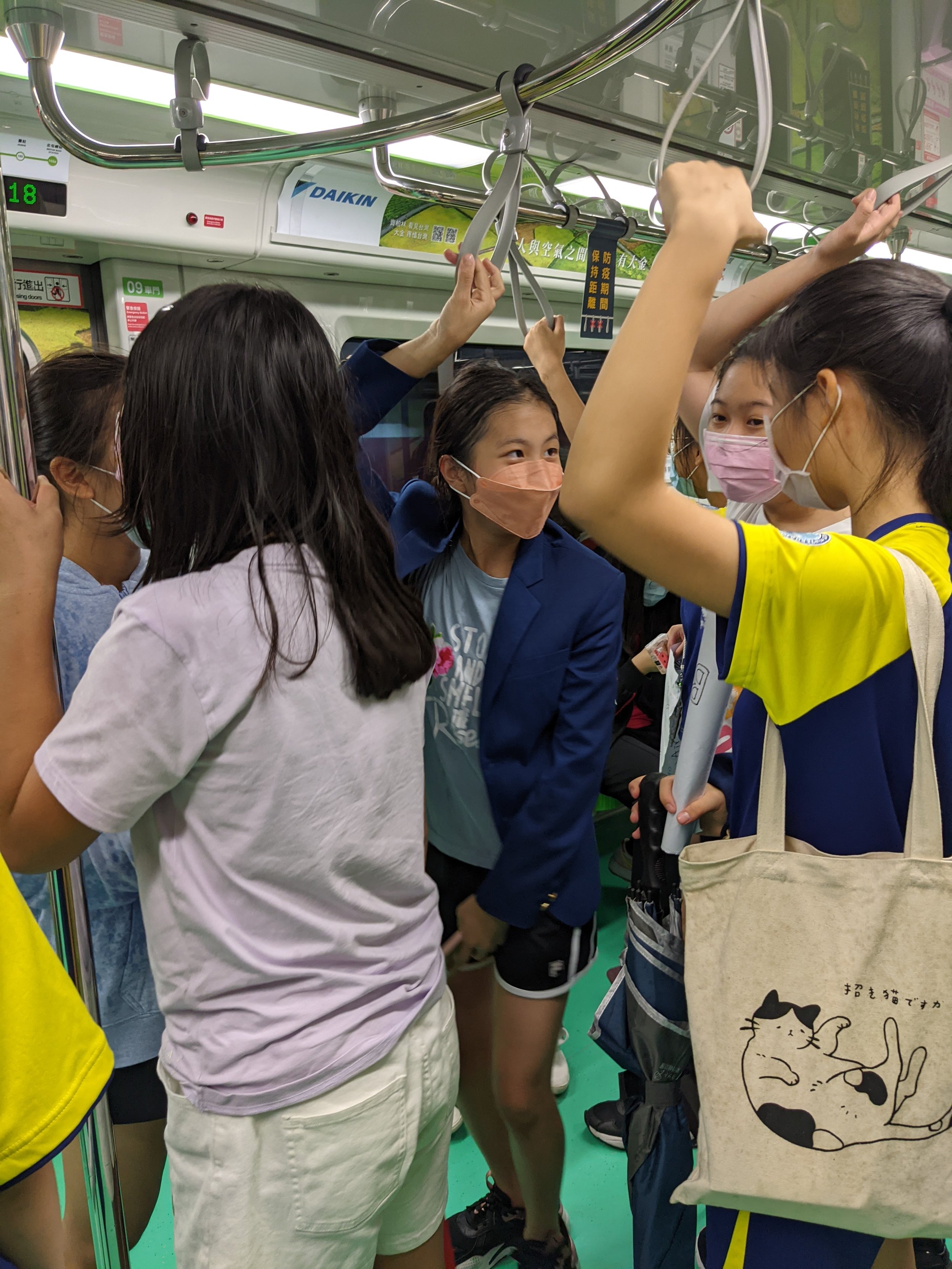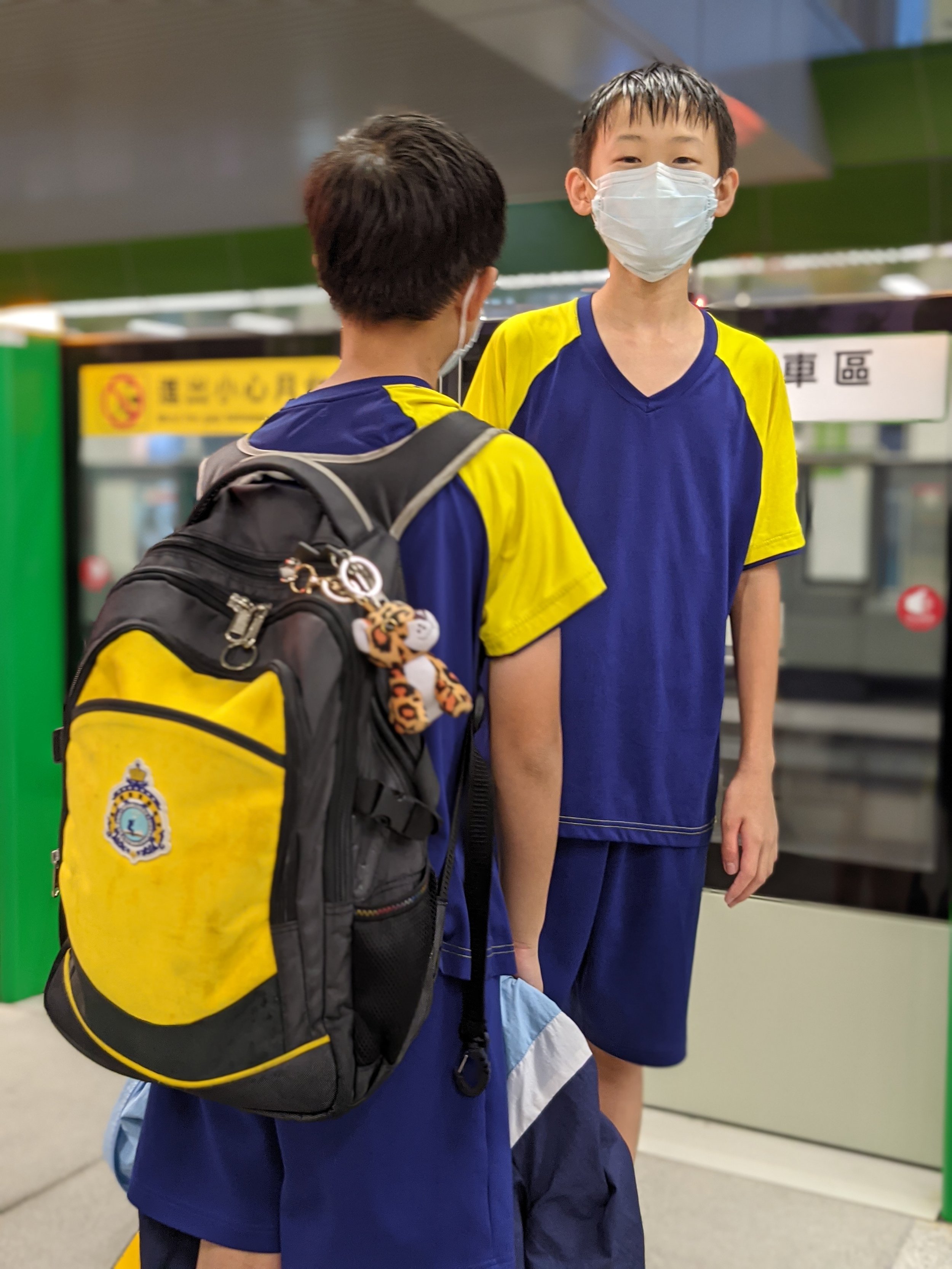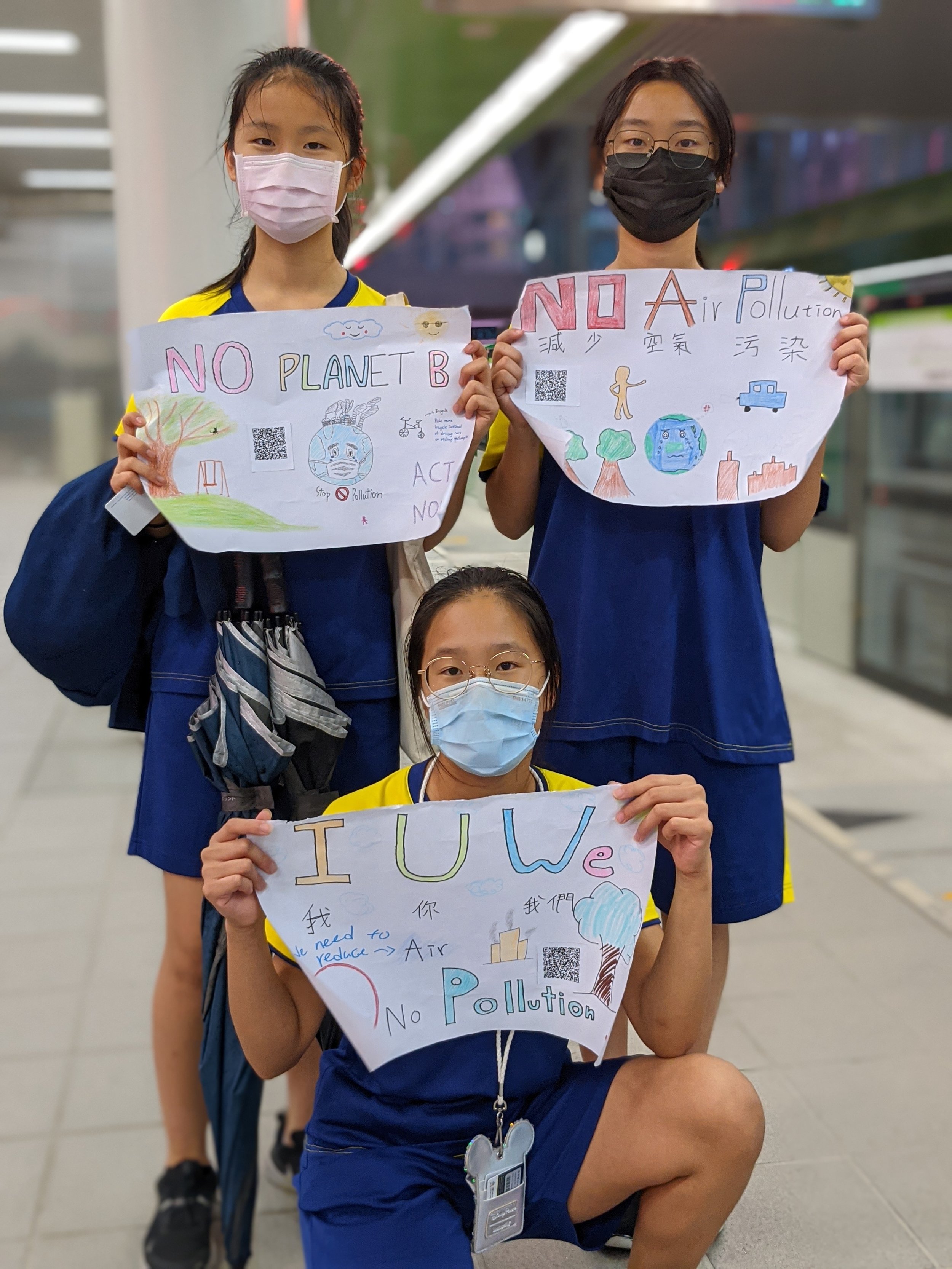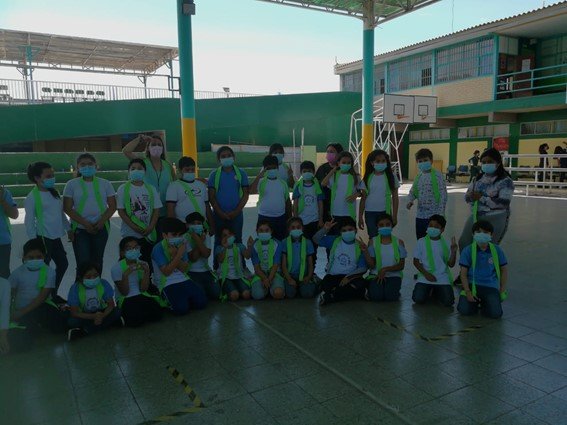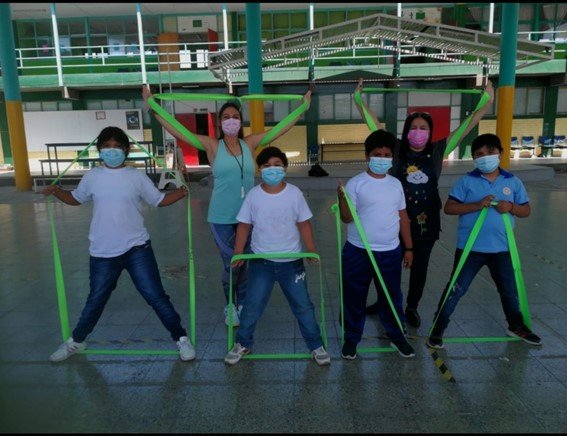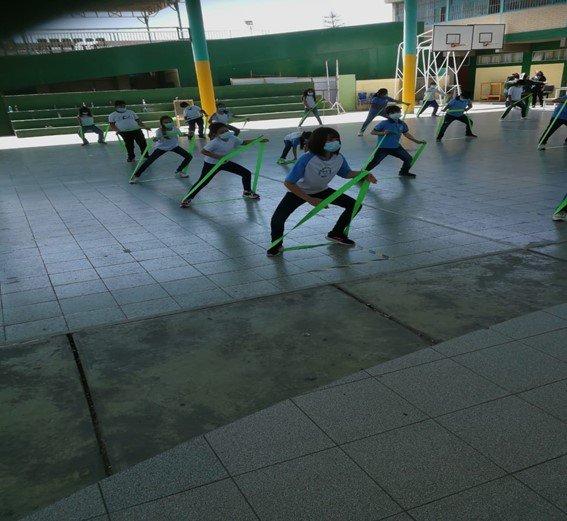Parksepa Secondary School
Goal 1 - promoting vegetarian food
We made a poster to inform the students about the project. We also made a presentation to talk to the students about the benefits of vegetarian food for people and the environment.
To popularise vegetarian food even more, we organized a workshop for a small group of students. In the workshop, we learned to make three different healthy meat-free snacks. Our instructor was Egle Kõva, a nutrition specialist.
Vegetarian food was served in our school canteen once a week throughout November. For example we had lentil soup and vegetable stew.
At the end of November, we asked the students if they had noticed that they were recently served vegetarian food. Almost half of them either weren’t sure or didn’t notice at all. From this, we can conclude that switching to vegetarian food once a week isn’t that difficult.
Goal 2 - reducing the amount of food waste
First, we measured the amount of food waste in our canteen during one week from the 8th to the 12th of November. The results were written on a poster in our canteen every day, so everyone could see them. It’s interesting to see that on Wednesday, when vegetarian food was served, there was less food waste than on almost all of the other days.
We had a similar project in our school two years ago, where we also measured food waste during one week. Comparing this year’s results to the previous ones, we can see that the amount of food waste has reduced.
For the future, we have planned two more workshops: a consumption workshop for older students and a vegetarian food workshop for a smaller group of students. We are also planning to teach the recipes that we have learned to younger students so they can also make more healthy snacks at home.
It has been a joy to learn about vegetarian food and its benefits. We hope to continue making life in our school healthier.
Parksepa team

